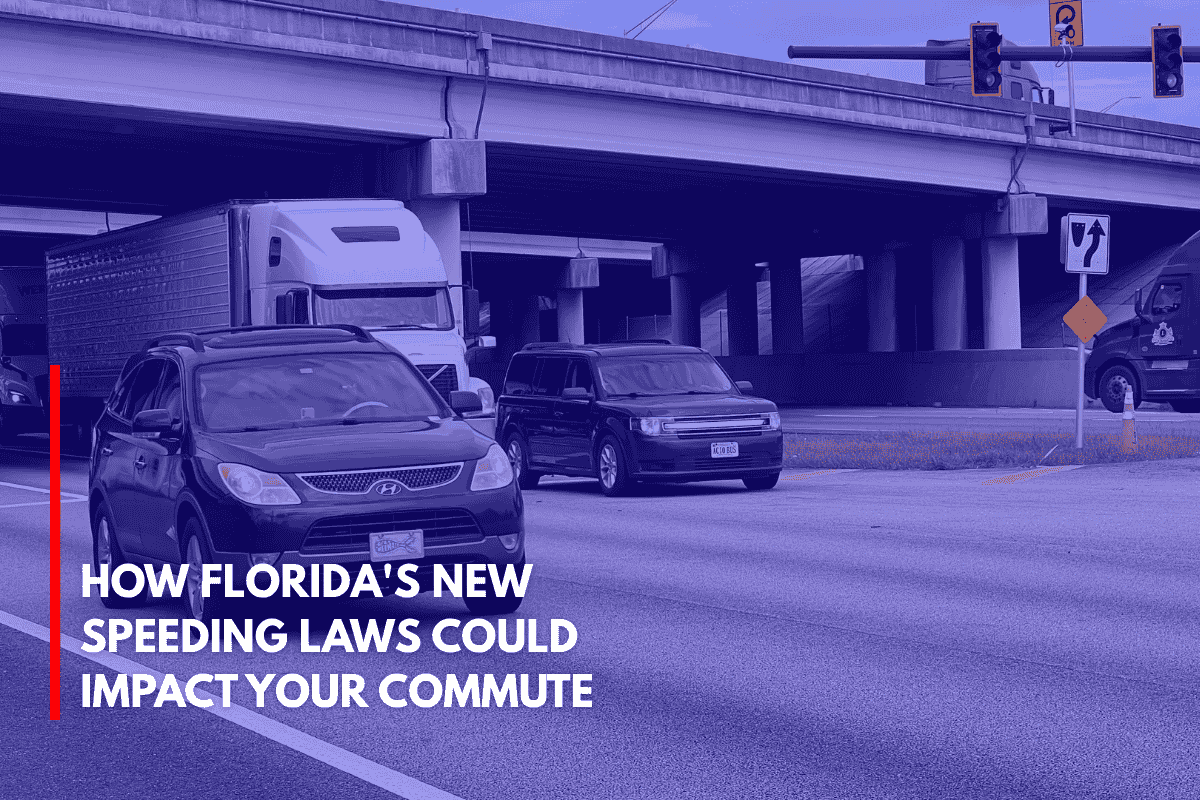Florida’s new speeding laws, set to take effect on July 1, 2025, mark a significant shift in how the state addresses extreme speeding and reckless driving.
Under House Bill 351, commonly referred to as the “Dangerous Excessive Speeding Act,” drivers who exceed the posted speed limit by 50 mph or more, or who reach speeds of 100 mph or higher in a manner that threatens public safety, will face criminal penalties—not just civil infractions.
Key Provisions of the Law
The law introduces a new criminal offense for “dangerous excessive speeding.” Specifically, it targets:
-Driving 50 mph or more above the posted speed limit
-Driving at or above 100 mph, regardless of the speed limit, if it endangers people or property
First-time offenders may be sentenced to up to 30 days in jail and fined $500. Repeat offenders within five years could face up to 90 days in jail and a $1,000 fine. Additionally, drivers caught under these conditions must appear before a judge—there is no option for a simple ticket or mail-in payment.
How This Impacts Your Commute
Increased Enforcement and Stricter Penalties
Law enforcement agencies, including the Florida Highway Patrol and local police, are expected to prioritize enforcement of these new rules, especially on major highways such as I-75, I-95, and the Florida Turnpike, where high-speed incidents are frequent.
This means drivers who previously might have received a speeding ticket for extreme speeds will now face mandatory court appearances, possible jail time, and a criminal record.
Rise in Insurance Costs and License Risks
A criminal conviction for excessive speeding can lead to increased auto insurance premiums and, for repeat offenders, the suspension of driving privileges for up to a year. Even a single conviction can result in a permanent criminal record, unless the charge is diverted or sealed, which can affect employment and background checks.
Behavioral Changes and Road Safety
The law is intended to deter dangerous driving by making the consequences more severe. Lawmakers hope that the threat of jail time and criminal charges will encourage drivers to slow down, especially in areas known for frequent speed-related accidents and fatalities.
The legislation was partly inspired by tragic incidents involving reckless drivers, and its supporters argue that tougher penalties are necessary to prevent further loss of life.
Practical Considerations
Mandatory Court Appearance: No longer can drivers simply pay a fine and move on. Anyone caught driving at extreme speeds must appear before a judge.
Repeat Offenses: Multiple convictions within five years can result in longer jail terms, higher fines, and license suspension.
Insurance Impact: Even a single conviction can significantly raise insurance rates, as insurers will view the driver as a higher risk.
Sources:
- https://www.youtube.com/watch?v=vJ53z4XbMAM
- https://www.flsenate.gov/Session/Bill/2025/351/Analyses/h0351z1.GOS.PDF
- https://www.nsaen.com/floridas-new-dangerous-excessive-speeding-law/











Leave a Reply